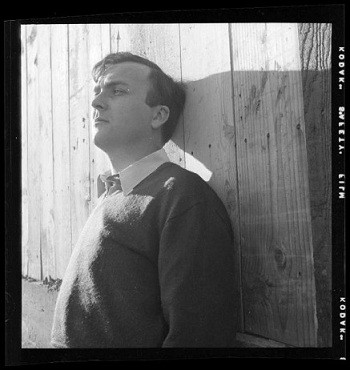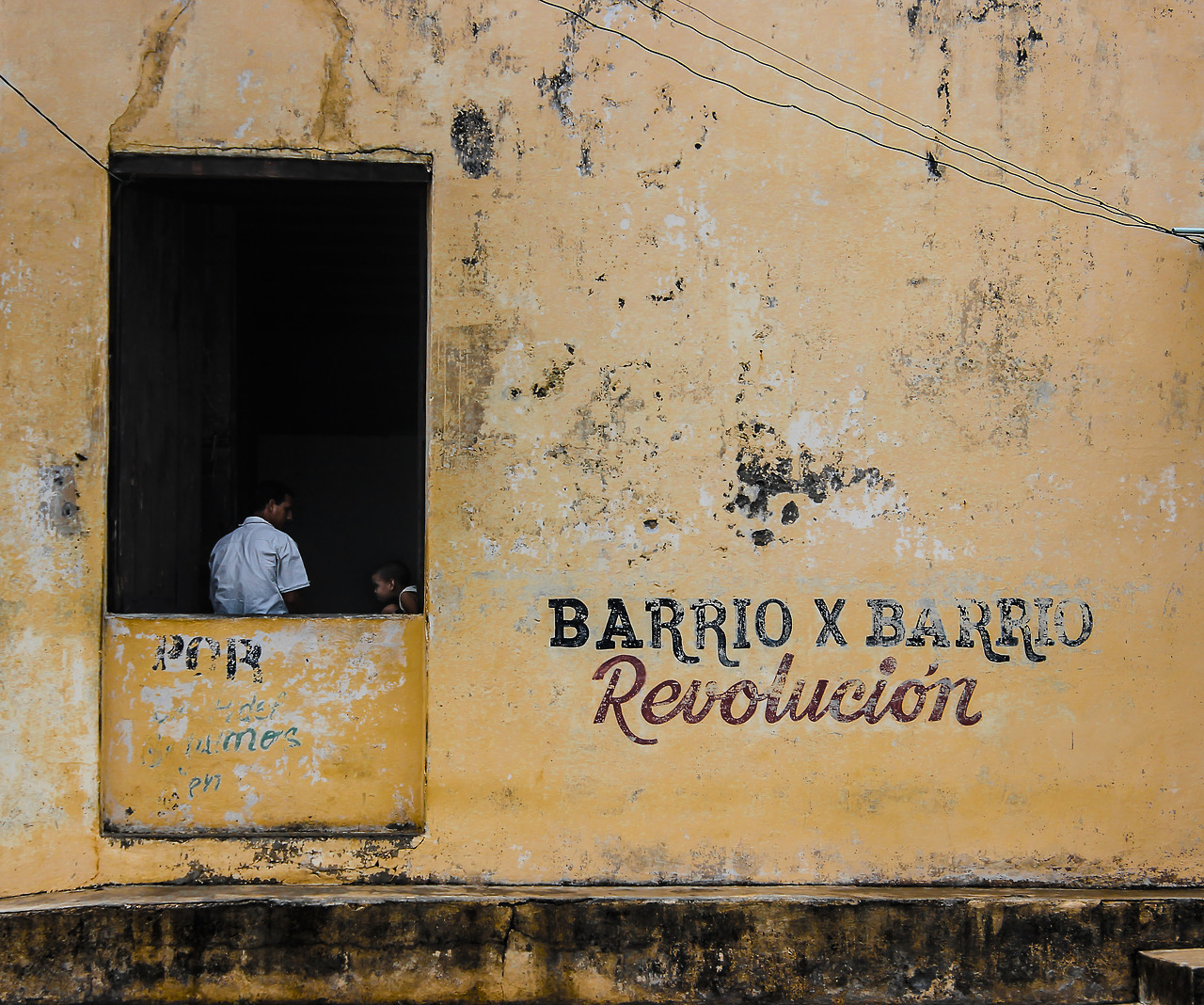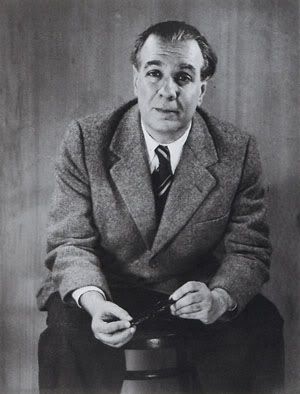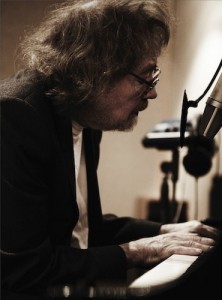
Often I Am Permitted to Return to a Meadow
as if it were a scene made-up by the mind,
that is not mine, but is a made place,
that is mine, it is so near to the heart,
an eternal pasture folded in all thought
so that there is a hall therein
that is a made place, created by light
wherefrom the shadows that are forms fall.
Wherefrom fall all architectures I am
I say are likenesses of the First Beloved
whose flowers are flames lit to the Lady.
She it is Queen Under The Hill
whose hosts are a disturbance of words within words
that is a field folded.
It is only a dream of the grass blowing
east against the source of the sun
in an hour before the sun’s going down
whose secret we see in a children’s game
of ring a round of roses told.
Often I am permitted to return to a meadow
as if it were a given property of the mind
that certain bounds hold against chaos,
that is a place of first permission,
everlasting omen of what is.



















